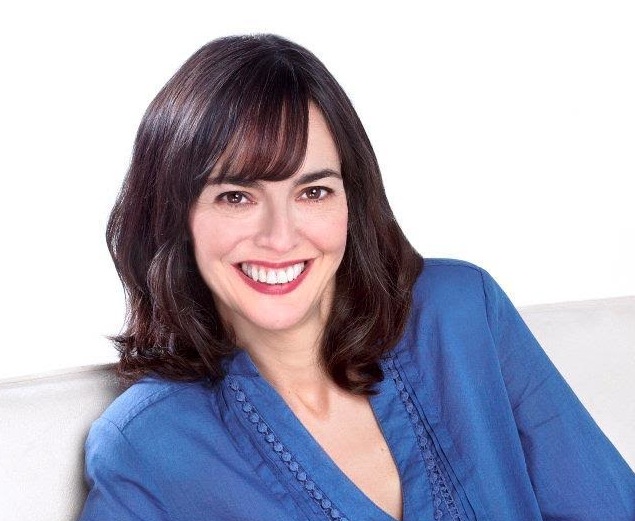
BY LENORE SKENAZY | As Brooklyn mom Tamara R. Mose was preparing for a playdate with a mom and child she didn’t know well yet, she paused to look at her home: “All the bathrooms are clean, dishes put away, beds made, floors Swiffered, laundry folded, garbage cans emptied, and toys put in their place and sorted for age appropriateness.”
And then there was the food: “The kitchen is full of aromas, boiling pasta, simmering sauce, freshly sliced carrots, celery and oranges, all displayed on sparkling white plates. Lined up are juice boxes boasting their 100 percent organic label, plastic forks and plates, and beside them some half-folded disposable white napkins.”
Add to this some whole wheat crackers, cheeses (three varieties) and the fact her daughter had straightened up her room, too, and Mose, a sociology professor at Brooklyn College, couldn’t help but notice: This was not just about fun. This was a performance — “an effort to present ourselves as a decent black family.”
From there it was just a hop, skip and a jump — and a year of interviewing a broad swath of New York parents — to writing “The Playdate: Parents, Children, and the New Expectations of Play,” which will be published by NYU Press this spring.
A play date, Mose argues, is really sort of a double date — “You’re essentially dating the other parent. You’re checking them out. What do they do for a living?”
Parents arrange playdates ostensibly for their children’s fun and enrichment, but really, there’s a lot more going on. Yes, they want their kids to make friends and play, but the parents want to make friends, too. And usually, Mose observed, they want to make friends with other parents demographically the same as them — friends who might even be able to help them in the job world.
At one playdate Mose arranged at her son’s request, she and her then-husband invited over two couples. One was a lawyer married to an artist, the other was a screenwriter married to the curator of a book lecture series. By the end of the playdate, Mose and the curator realized that they knew someone in common and he invited Mose to give a lecture at his series.
“It was at this moment that I started to realize how many times the parents I had invited to a playdate either knew someone I knew,” says Mose, or they offered some kind of connecting: Come to this show with us, let me introduce you to so-and-so.
The upside is obvious: friendship, networking, even babysitting backup. But Mose’s book looks at the downsides, too, starting with the way playdate culture perpetuates class stratifications. The parents who believe in organic hummus and no TV are unlikely to have many playdates with the parents who put out soda and chips with SpongeBob on in the background — even if the kids really like each other at school.
What’s more, simply by perpetuating the playdate imperative — that is, the idea that of course children need constant supervision either by parents or caregivers — the thought of kids running around on their own seems preposterous. When she was growing up, Mose recalls, she’d go down the street knocking on friends’ doors, asking them to come out to play.
“Almost all the parents that I interviewed did the same thing,” she says. Play was kid-driven and often out in public.
Now that kind of fun is considered too dangerous (even though crime is back to the level of 1963). The modern playdate is organized, supervised and private.
“So if Joe and John get in a fight and they’re in the room next door, they can come out and complain to me to make it better,” says Mose. “Whereas if they’re out on the street playing they need to figure it out.” Playdate-raised kids lose out on certain childhood lessons their parents got just as a matter of course: How to deal with a quarrel, or even a bully. Is this one reason we have so many anti-bullying assemblies today? Kids just don’t get any real-world practice in standing up for themselves, or shrugging off an insult?
What’s more, Mose says: Kids who are indoors, surrounded by amusements, may not learn how to make a sword out of stick, or a boat out of a square of pavement. They do, however, learn how to speak to adults. And in the end, she says, that confidence and poise may serve them well in the business world.
In fact, playdates may help both generations in the business world. They just might not help children actually learn how to play.
Skenazy is a keynote speaker, author and founder of the book and blog “Free-Range Kids”




































